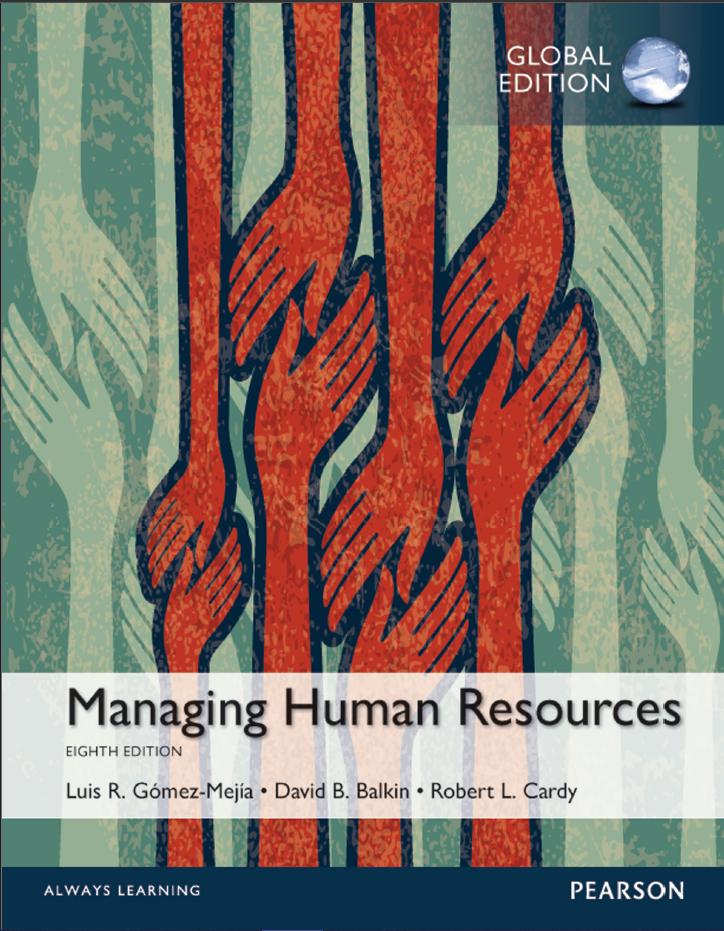What can an organization do to ensure that merit pay and other incentives are administered fairly? What
Question:
What can an organization do to ensure that merit pay and other incentives are administered fairly? What kind of data would you gather to ensure that the pay-
for-performance system is not biased in favor of any particular group? Explain.
Three recent studies suggest that the link between pay and performance may not always show in the pay checks of women and minorities. A joint study of nearly 200 British executives by the University of Exeter in Britain and Tilburg University in the Netherlands found when men and women with similar experience achieved improved results, the women were rewarded far less. Bonuses for men rose over 250 percent at poorly performing companies that began to improve, whereas bonuses for women rose an average of merely 4 percent. An MIT study of nearly 9,000 nonmanagement information technology workers at a U.S.
firm found that minorities received lower raises, even after controlling for variables such as job titles, starting pay, and education levels. Another study by the National Security Personnel System (NSPS) evaluated the Pentagon’s pay-for-performance system and concluded that “Employees in higher-level, higher-paid positions got higher performance ratings and payouts than lowerlevel, lower-paid employees. The report further found that, in general, being a racial minority had a negative effect on one’s rating and payout, and being black had a more negative effect than membership in other racial groups.”
Pay for Performance The following situations emerged in very different organizational settings after incentives were introduced to reward good employees:
• Prior to the financial crisis of 2008–2012, banks and security firms have been accused of fostering imprudent risk taking by showering employees with bonuses linked to revenues and volume of transactions. After 2008, large financial firms tried to defuse public anger and political retaliation by limiting these practices. But according to a recent Wall Street Journal report, “Bank of America Corp. and Citigroup Inc. are doling out shares that employees can sell within months—much sooner than normally allowed. Other giant banks, including Goldman Sachs Group Inc., Morgan Stanley and Royal Bank of Scotland Group PLC, let certain employees borrow money to relieve personal cash crunches. And some U.K. banks have considered raising base, or cash salaries—funds that won’t be subject to the country’s new 50% tax on bonuses.”
• Several large banks were recently sued for housing foreclosure fraud. The lawsuits allege “common law fraud and misrepresentation as well as violations of consumer fraud statutes.” Part of the problem may be traced to the incentive system that rewarded bank employees for expediting the foreclosure paperwork. The banks have admitted problems in the paperwork, uncovering evidence of “employees not verifying documents their signature suggested they verified.”
• Green Giant had to abandon a bonus plan intended to reward employees for thoroughly cleaning the peas harvested for its vegetable packages. Employees had begun bringing their own insect parts to the factory, dropping them in the peas, and removing them to qualify for the incentive pay.
Step by Step Answer:

Managing Human Resources
ISBN: 9781292097152
8th Global Edition
Authors: Luis R Gomez Mejia, David B Balkin, Robert L Cardy





